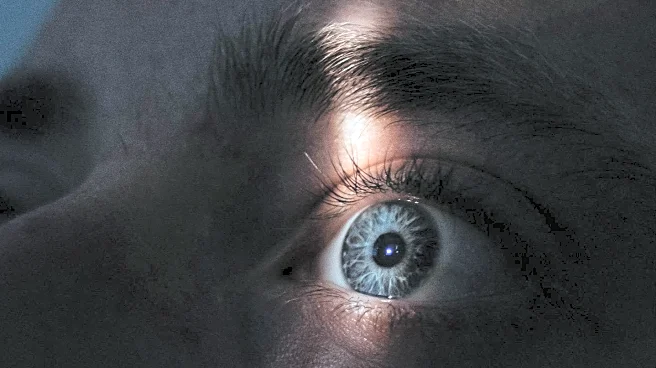What's Happening?
A team of researchers from McGill University and the University of Toronto, led by Willis Klein, a PhD candidate in the Department of Psychology at McGill, has developed a new theoretical model to understand how gaslighting affects individuals' perception of reality. The study, published in the Personality and Social Psychology Review, suggests that gaslighting can be viewed as a learning process through the lens of prediction error minimization (PEM). This model explains how manipulators can make their targets question their sense of reality over time by behaving in unexpected ways and suggesting that the target's surprise is due to their own misunderstanding of reality. The research highlights that anyone could fall victim to gaslighting if they trust the wrong person, as it relies on the idea that individuals depend on others to form their sense of self and reality.
Why It's Important?
The study's findings are significant as they provide a scientific framework for understanding gaslighting, a psychological manipulation tactic that has been widely discussed but not thoroughly investigated from a scientific perspective. By framing gaslighting as a learning process, the research offers insights into how individuals can be manipulated into doubting their reality, which has implications for mental health and interpersonal relationships. This understanding could lead to better support and interventions for victims of gaslighting, potentially reducing the psychological harm caused by such manipulation. The research also opens avenues for further studies to explore personal characteristics that may affect susceptibility to gaslighting, such as attachment styles or trauma history.
What's Next?
Future research is expected to validate various components of the new model and explore personal characteristics that may influence an individual's vulnerability to gaslighting. This could lead to the development of targeted interventions and support mechanisms for those affected by gaslighting. Additionally, the study's authors hope that their work will encourage further scientific inquiry into the phenomenon, ultimately contributing to a deeper understanding of psychological manipulation and its effects on individuals.








